
Our partners
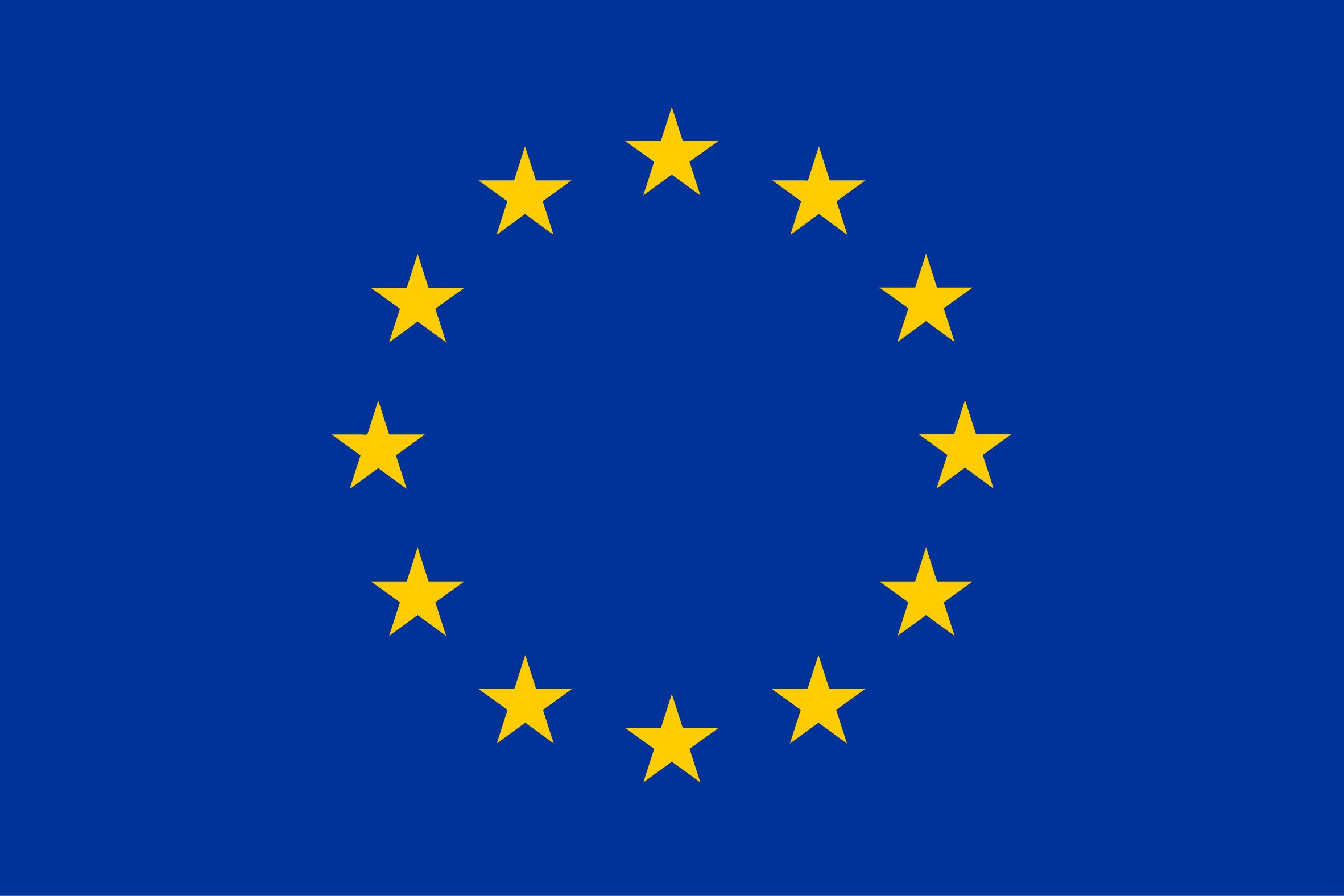 European Commission, Directorate-General for International Partnerships
European Commission, Directorate-General for International Partnerships
The Joint Programme is made possible thanks to the generous contribution of the European Union. The Directorate-General for International Partnerships (DG INTPA) of the European Commission provides financial support to the JP GTA and plays an active role in promoting its objectives to achieve gender equality and women’s empowerment, including through participation in global events and country-level activities. The JP GTA is inspired by and contributes to the implementation of the EU Gender Equality Strategy and its gender action plans, in particular the EU Gender Action Plan III.
CGIAR GENDER Platform
The JP GTA is collaborating with the CGIAR GENDER Platform to promote the relevance and use of gender transformative approaches. The CGIAR GENDER Platform partnered with FAO to co-host a technical learning webinar on GTAs in the fisheries and aquaculture sectors and organized an internal drop-in session on the Joint Programme.CARE International 
In the context of the JP GTA, FAO has partnered with CARE International to develop a step-by-step guide on integrating gender
transformative approaches in programming.
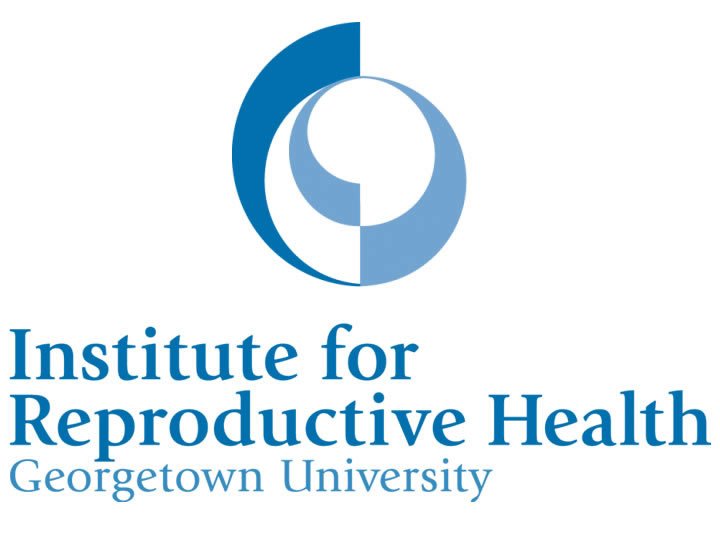
Georgetown University, Institute for Reproductive Health
The Georgetown University's Institute for Reproductive Health has provided technical assistance to the JP GTA with the application of the Social Norms Exploration Tool (SNET) in Ecuador and Malawi and building the capacity of the Rome-based Agencies and their partners on exploring social and gender norms.
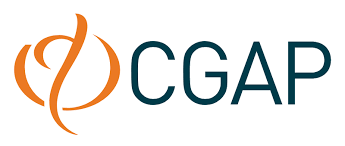
CGAP
The JP GTA has partnered with the CGAP/FinEquity peer-learning collaborative programme called ‘Social Norms Diagnostic Co-Lab’. Participating in the Co-Lab provides the JP GTA with the opportunity to test the CGAP/FinEquity diagnostic methodology on gendered social norms in financial inclusion in the Programme’s social norms diagnostics study in Malawi. CGAP also participated in a technical learning webinar that showcased gender transformative approaches and tools for women’s financial inclusion.
Procasur
In the context of the JP GTA, IFAD has partnered with Procasur to organize a Learning Route in Malawi, aiming to enhance the capacity of key stakeholders to adopt and scale up gender transformative approaches in rural development interventions.
Partners in Ecuador
Ministry of Agriculture and Livestock of Ecuador
Within the Ministry of Agriculture and Livestock, the JP GTA is working in close collaboration with the Undersecretariat of Family Farming to support the effective implementation of the National Agricultural Strategy for Rural Women. It is also coordinating activities with the General Coordination Unit of National Agricultural Information to incorporate gender-sensitive indicators in agriculture statistics.
_2021_-_lasso_administration.svg.png?sfvrsn=d556b0a6_1)
Ministry of Social and Economic Inclusion of Ecuador
Within the Ministry of Social and Economic Inclusion, the JP GTA is working closely with the Institute of Popular and Solidarity Economy to integrate gender transformative approaches in training activities being carried out by FAO, IFAD and WFP.
Provincial Autonomous Decentralized Government of Manabí
 The JP GTA is working with the Provincial Autonomous Decentralized Government of Manabí on activities to promote sustainable development and integrate gender transformative approaches within the province.
The JP GTA is working with the Provincial Autonomous Decentralized Government of Manabí on activities to promote sustainable development and integrate gender transformative approaches within the province.

Provincial Autonomous Decentralized Government of Imbabura
The JP GTA is working with the Provincial Autonomous Decentralized Government of Imbabura on activities to promote sustainable development and integrate gender transformative approaches within the province.
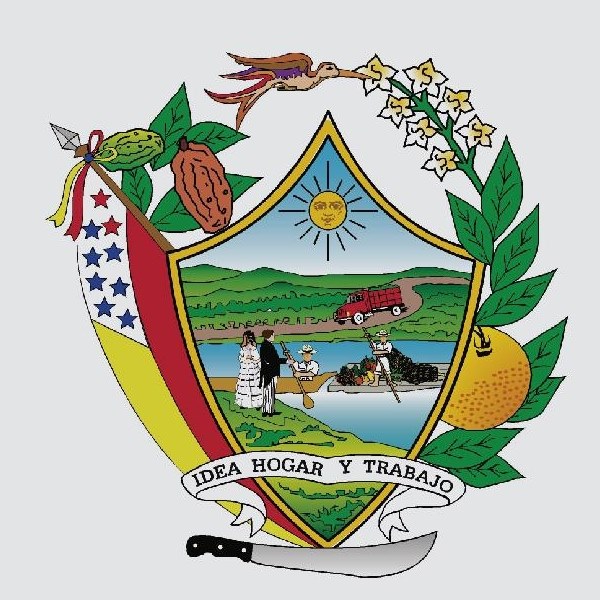
Municipal Autonomous Decentralized Government of Chone
FAO is collaborating with the Municipal Autonomous Decentralized Government of Chone in the province of Manabí to support the implementation of the Dimitra Clubs approach for the first time in Latin America, and to build the capacity of its staff to mainstream gender and implement gender transformative approaches. In addition, the JP GTA is working with the Municipality of Chone to reactivate the ‘Rural Women's Roundtable’ of the Ministry of Agriculture and Livestock in the canton.
Municipal Autonomous Decentralized Government of Tosagua

WFP is collaborating with the Municipal Autonomous Decentralized Government of Tosagua in the province of Manabí to develop strategies for social and behavioural change to reduce gender inequalities in organizations, communities and households. In addition, the JP GTA is working with the Municipality of Tosagua to reactivate the ‘Rural Women's Roundtable’ of the Ministry of Agriculture and Livestock in the canton.
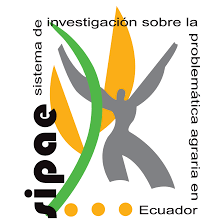
Sistema de Investigación sobre la Problemática Agraria en Ecuador (SIPAE)
The ‘Investigative System on Agrarian Issues in Ecuador’ (SIPAE) constitutes a collaborative effort between several university centres, NGOs and social organizations that conducts research on agricultural issues in Ecuador. The JP GTA is collaborating with SIPAE to improve available data on gender inequalities in Ecuador and come up with a set of indicators to monitor the implementation of the National Agricultural Strategy for Rural Women, the JP GTA and the “Impulso Violeta” programme of the Ministry of Social and Economic Inclusion.
CARE Ecuador

In the framework of the JP GTA, CARE Ecuador is conducting a gendered social norms diagnostic study in the provinces of Imbabura and Manabí to contribute to the reduction of gender barriers faced by rural women in family farming in terms of their productive capacities, access to services and markets, and decision-making power at all levels.
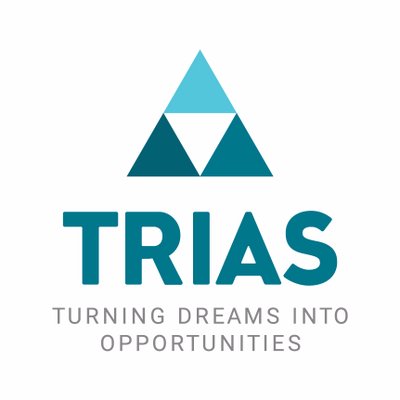
TRIAS
In the framework of the JP GTA, TRIAS is implementing capacity building activities to promote rural women’s participation in decision-making processes and leadership by helping producer organizations incorporate a gender equality perspective.
 Fondo Ecuatoriano Populorum Progressio (FEPP)
Fondo Ecuatoriano Populorum Progressio (FEPP)
In the framework of the JP GTA, FEPP was selected by FAO to implement the Dimitra Clubs approach, FAO’s flagship community-level gender transformative approach, in Chone in the province of Manabí. FEPP is also working with WFP to develop a Social and Behavioural Change Communication (SBCC) Strategy through a social norms study in communities in the provinces of Manabí and Imbabura.
Partners in Malawi
Ministry of Agriculture of Malawi
The JP GTA is working closely with the Ministry of Agriculture to implement its country-level activities in Malawi.
CARE Malawi
The JP GTA is working with CARE International in Malawi to conduct a gender-related social norms diagnostics study to understand the most prevailing gendered social norms. CARE also organized a training on social norms diagnostics for the RBAs and their partners and supported the development of a module on social norms diagnostics for the University of Malawi and the Lilongwe University of Agriculture and Natural Resources.
 Rights Advice Centres
Rights Advice Centres
In the framework of the JP GTA, FAO has partnered with the NGO Rights Advice Centres (RAC) for the piloting of its Dimitra Clubs approach in Mangochi.

Opportunity International
In the framework of the JP GTA, IFAD is working with Opportunity International in the Balaka district to strengthen the capacity of Village Savings and Loan Associations to access financial services.
Good Health Organisation
In the framework of the JP GTA, FAO has partnered with the NGO Good Health Organization (GHO) for the piloting of its Dimitra Clubs approach in Kasungu.





